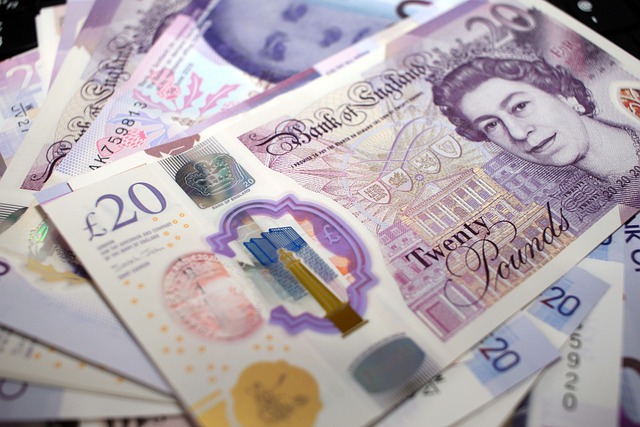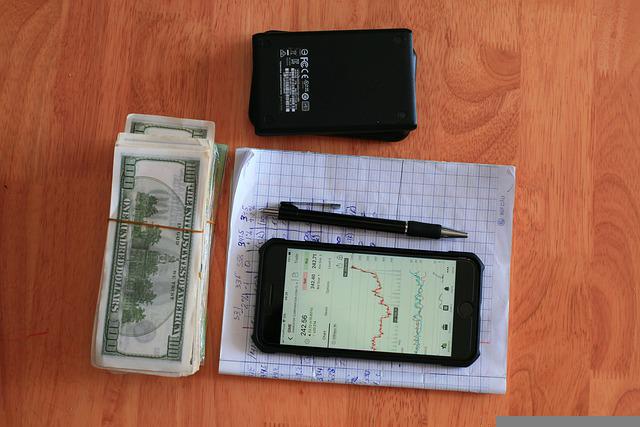Much of the discourse in the media around student loans concerns those on Plan 2 – the more recent financing method. But there are still many graduates on Plan 1. This system phased out in 2011. As such, there isn’t much advice for Plan 1 students as their number shrinks and the number of Plan 2 students grows.
The one question many are asking now though is, thanks to the cost of living, would it be wise to pay it off now?

The Differences between Plan 1 and Plan 2
Before we can get into advice on whether you should pay off your Plan 1 loan or sit tight, it’s necessary to understand the differences.
- Point one: Your borrowing was much lower than Plan 2 students and so you will have much less to pay back, even if you are watching the interest creep up year after year, maintaining or even increasing what you owe
- Point two: Although the interest rates are the same, your repayment rate is higher because of the lower threshold (£18,935 for Plan 1 versus £25,725 for Plan 2)
Step One: Work Out When Your Debt Will Wipe
There is no clear-cut answer as to when your student loan debt will wipe, but they do so on a much lower timeframe than Plan 2. It could be as little as 25 years after graduation. That means if you started a university course in 1998 and graduated in 2001, what’s left will be annulled in 2026.
Step Two: Work Out If You’re Likely to Ever Clear the Debt
This is the clincher – no matter how far away you are from clearing the debt or from having the remaining debt cancelled, you need to calculate if you’re currently earning enough that you will ever pay it off. The accumulating interest will account for nothing if it will be cancelled in 2026. The lower your income is, the less likely you are to pay it off.

But it’s Not That Simple
Even if you earn enough (and expect to continue to do so), it may not be the wisest choice. Do you have other forms of debt, such as credit cards or other higher interest loans? Any spare cash you might have now might be better off pay down that debt. Also, check there are no admin fees or fines to pay off this debt.
The least-wise thing to do in most situations right now is to put it in a bank account unless the interest rate is much higher than the interest on your loans (unlikely). The key to budgeting right now is to maximise the impact of your money, and that will vary from person to person.